When Starting A Business What Do You Do First
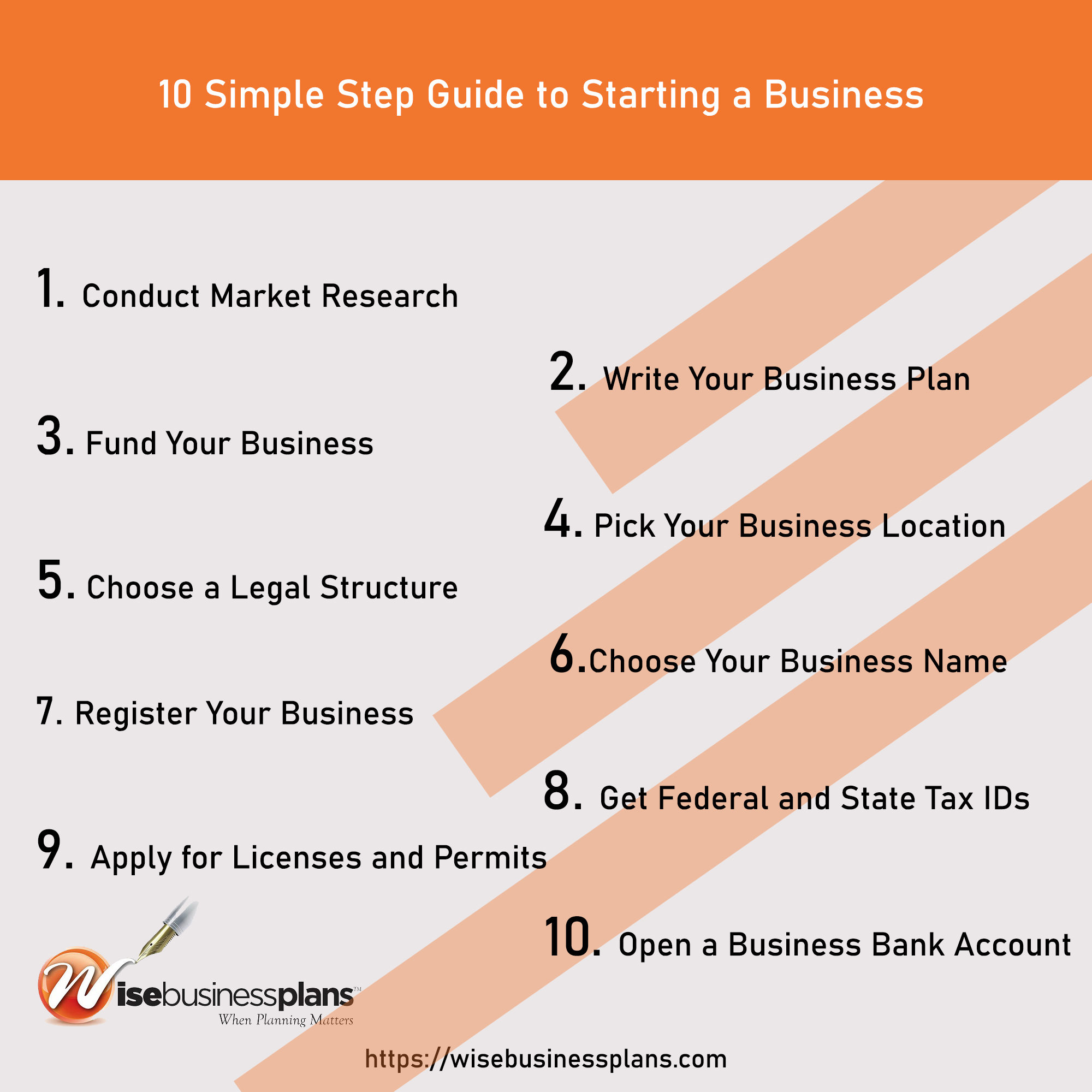
The entrepreneurial dream, often painted with vibrant colors of independence and financial freedom, can quickly turn into a daunting labyrinth without a clear roadmap. Many aspiring business owners, fueled by passion and a groundbreaking idea, stumble at the starting line, overwhelmed by the sheer magnitude of tasks. The initial steps, often overlooked in the excitement, are crucial for laying a solid foundation for long-term success or avoiding premature failure.
Navigating the complex terrain of starting a business requires more than just enthusiasm; it demands a strategic and informed approach. This article delves into the critical first actions every aspiring entrepreneur should undertake, focusing on thorough market research, validating the business idea, and developing a comprehensive business plan. Ignoring these fundamental steps can lead to wasted resources, missed opportunities, and ultimately, a business that never reaches its full potential.
Validating Your Idea and Target Market
Before investing significant time and capital, rigorous market research is paramount. This process involves identifying your target audience, understanding their needs and pain points, and analyzing the competitive landscape.
Leverage resources like the Small Business Administration (SBA) and industry-specific reports to gather comprehensive data.
Consider conducting surveys, focus groups, and interviews to gain direct insights from potential customers.
Understanding Your Competition
A critical component of market research is analyzing your competitors. Identify their strengths, weaknesses, pricing strategies, and marketing tactics.
This analysis will help you differentiate your business and identify opportunities to offer a unique value proposition.
Don't just look at direct competitors; also consider indirect competitors who may offer alternative solutions to your target audience's needs.
Testing the Waters
Before launching a full-scale operation, consider testing your business idea on a smaller scale. This can involve creating a minimum viable product (MVP) or running a pilot program.
An MVP allows you to gather valuable feedback from early adopters and iterate on your product or service based on their input.
This iterative approach minimizes risk and ensures that you are building a product or service that meets the needs of your target market.
Crafting a Robust Business Plan
A well-structured business plan serves as a roadmap for your entrepreneurial journey. It outlines your business goals, strategies, and how you plan to achieve them.
It's also a crucial document for securing funding from investors or lenders. The SBA offers templates and resources to guide you through the business plan creation process.
The plan should include a clear executive summary, a detailed description of your company and its offerings, a market analysis, a marketing and sales strategy, and financial projections.
Financial Projections and Funding
Accurate financial projections are essential for assessing the viability of your business and securing funding. These projections should include revenue forecasts, expense budgets, and cash flow statements.
Explore various funding options, such as bootstrapping, angel investors, venture capital, and small business loans. Each option has its own advantages and disadvantages.
For example, bootstrapping allows you to maintain full control of your company, but it may limit your growth potential. Seeking venture capital can provide significant funding, but it also requires you to relinquish some equity and control.
Legal Structure and Compliance
Choosing the right legal structure for your business is a critical decision that can impact your liability, taxation, and administrative requirements. Common legal structures include sole proprietorships, partnerships, limited liability companies (LLCs), and corporations.
Consult with a legal professional to determine the most appropriate structure for your specific circumstances. Ensure you comply with all relevant regulations and obtain the necessary licenses and permits.
Ignoring legal and regulatory requirements can result in significant penalties and even the closure of your business.
Building a Strong Foundation
The initial steps in starting a business are not merely administrative tasks; they are the bedrock upon which your entire venture is built. Thorough market research, a validated business idea, and a comprehensive business plan are essential for navigating the complexities of entrepreneurship.
Ignoring these foundational steps can lead to costly mistakes and ultimately, business failure.
By prioritizing these actions, aspiring entrepreneurs can significantly increase their chances of success and build sustainable, thriving businesses. Remember to leverage resources like the SBA and seek guidance from experienced mentors or consultants.

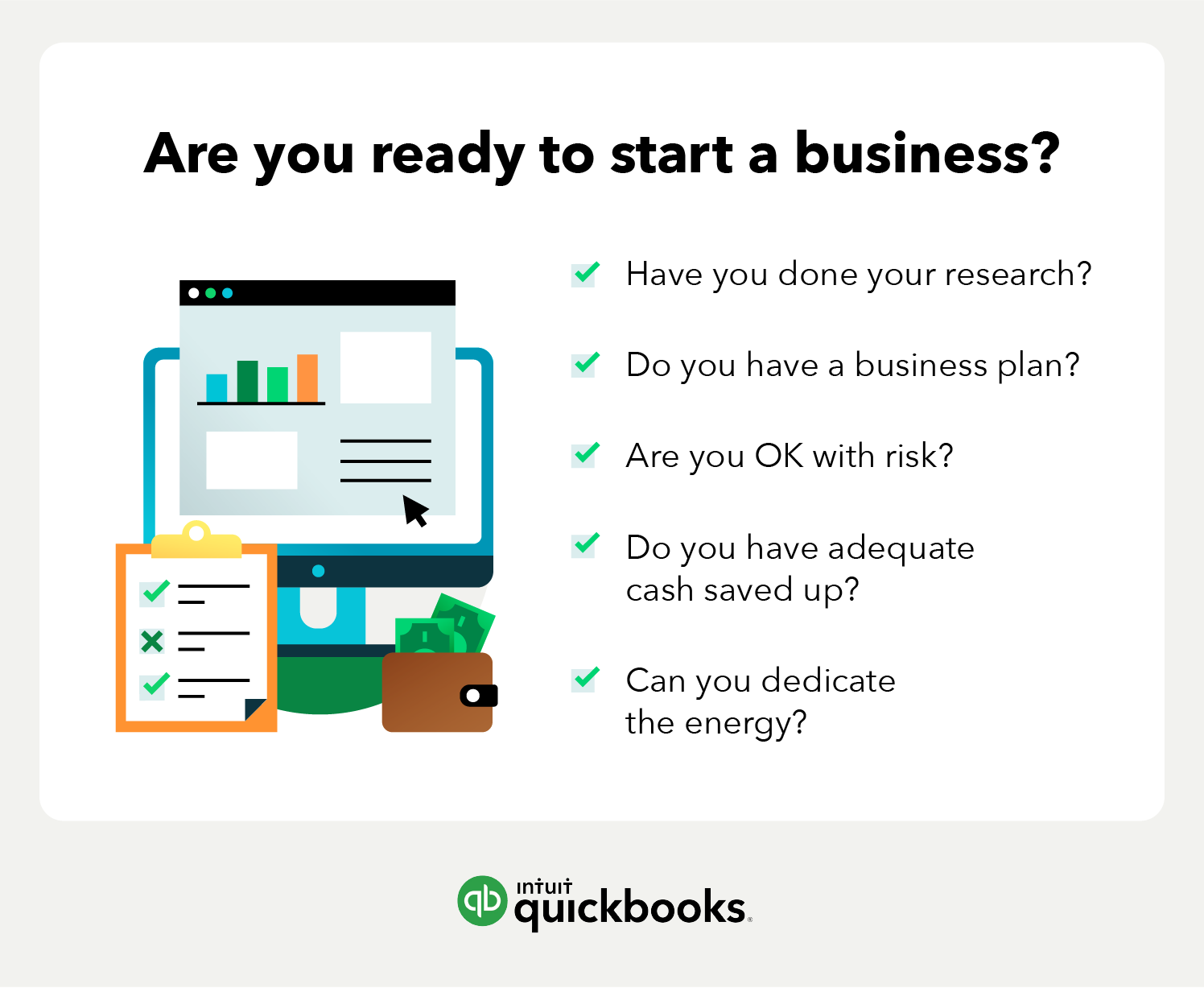
![When Starting A Business What Do You Do First How to Start a Business: A Startup Guide for Entrepreneurs [Template]](https://blog.hubspot.com/hs-fs/hubfs/tips-for-starting-a-business.png?width=1125&name=tips-for-starting-a-business.png)
![When Starting A Business What Do You Do First Beginner's Guide For How To Start A Startup [Infographic] | Bit Rebels](http://www.bitrebels.com/wp-content/uploads/2013/07/how-start-a-startup-infographic.png)

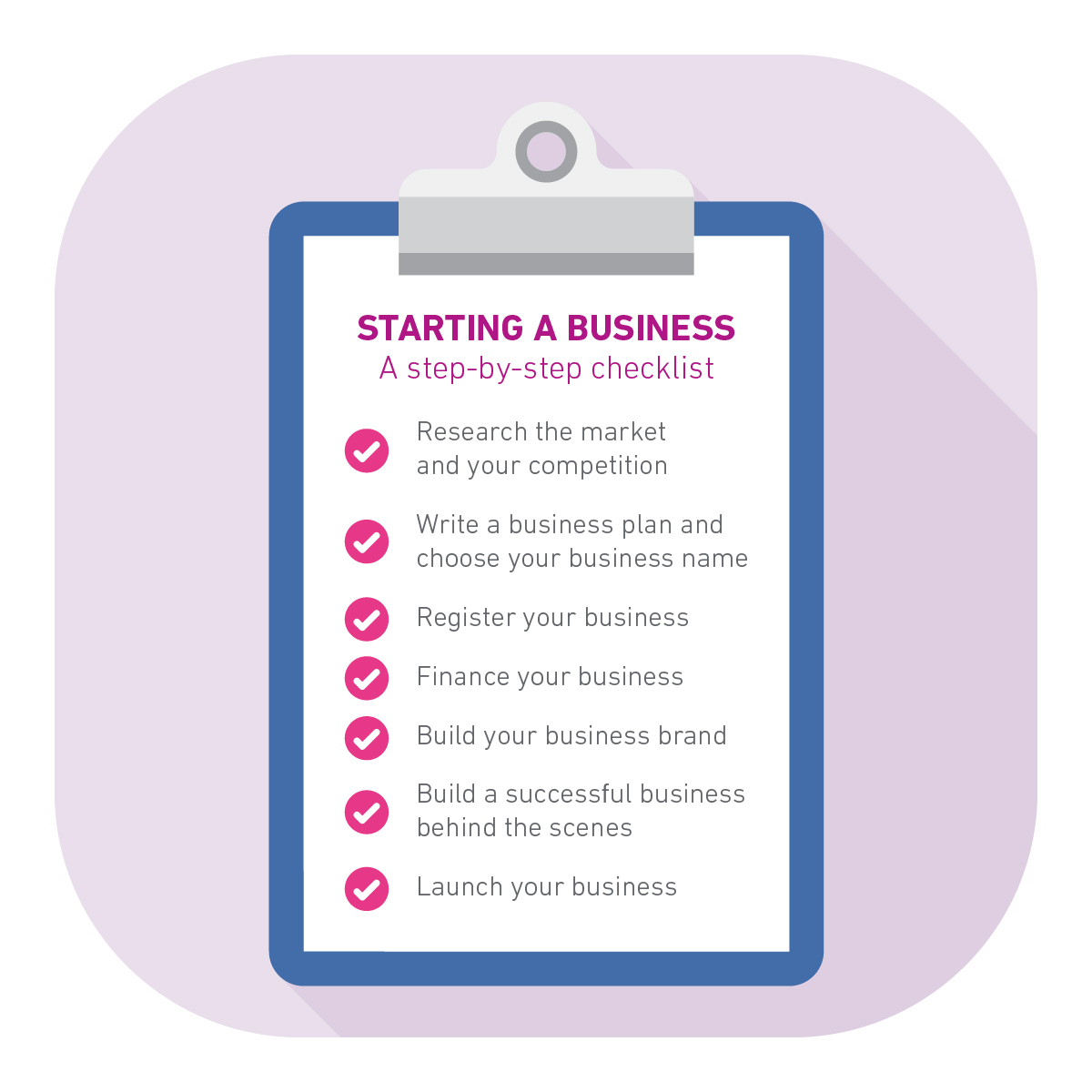
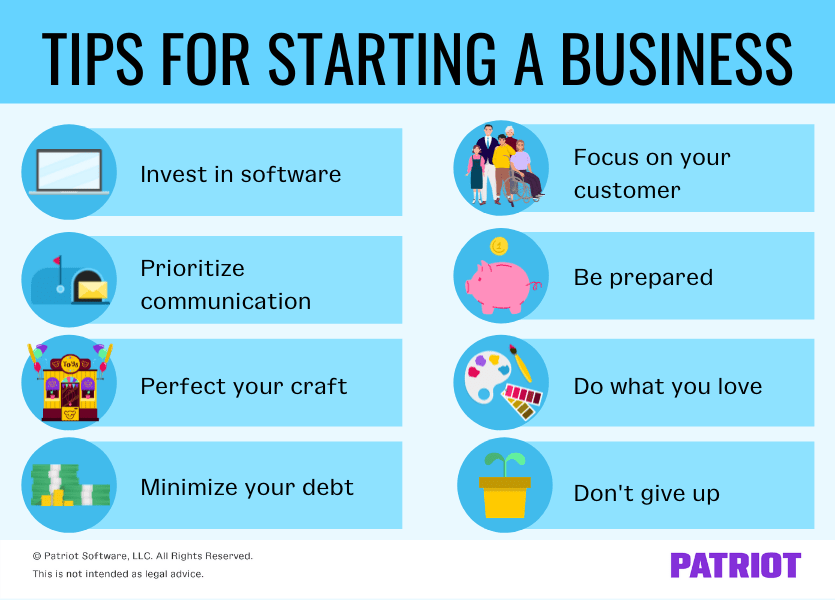
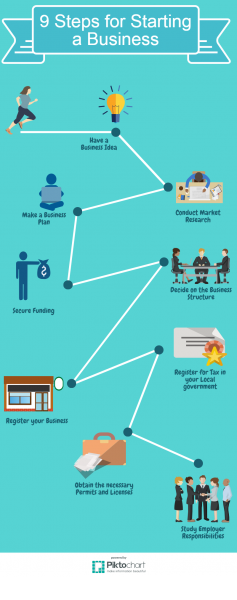



:max_bytes(150000):strip_icc()/starting-own-business-1200678-Final-edit-050e3ef116174733a310b081c943fb37.jpg)






